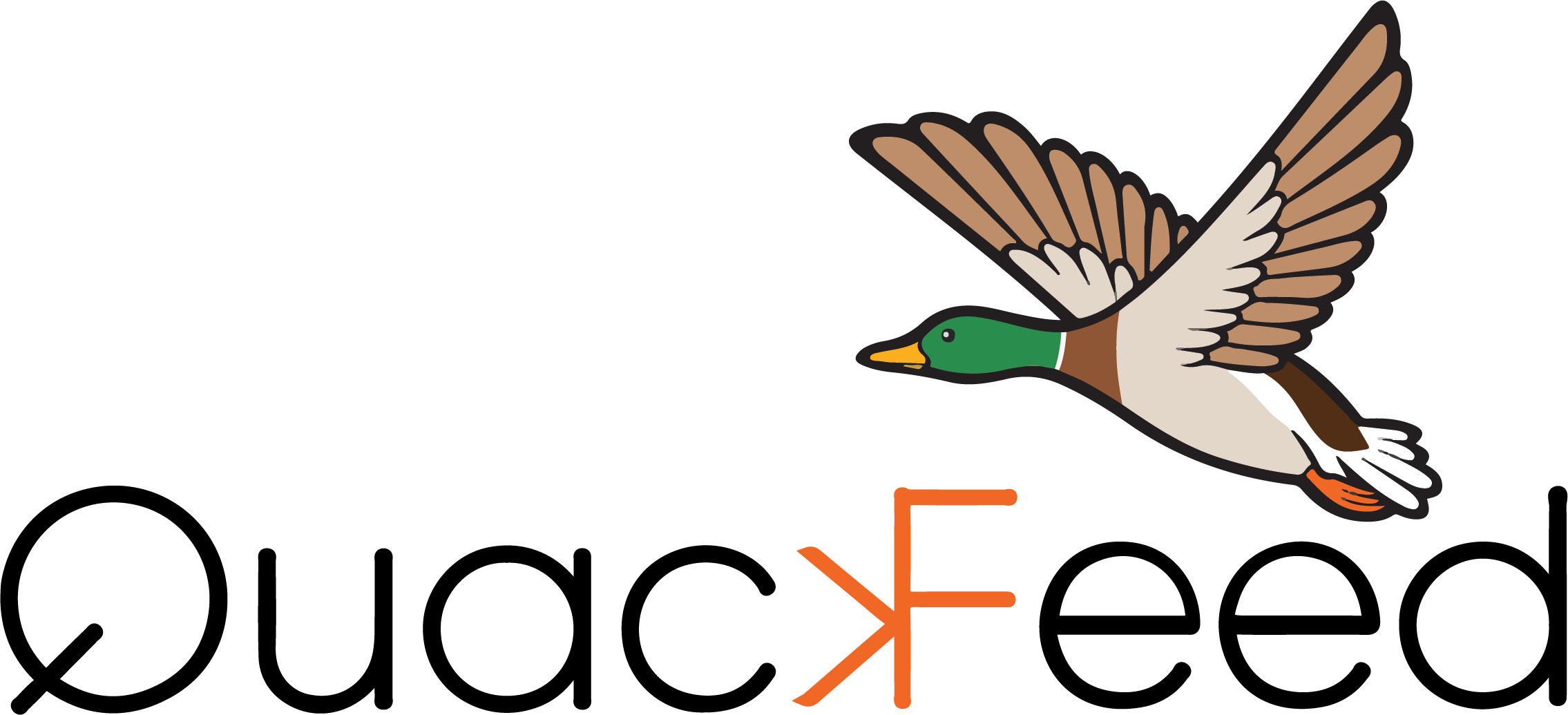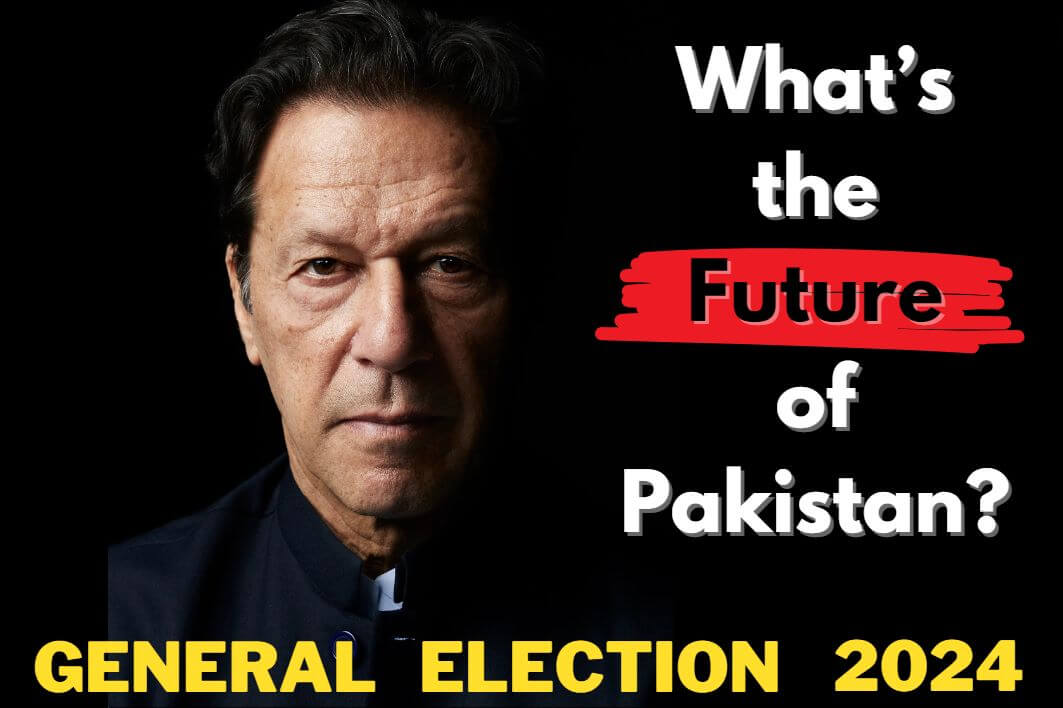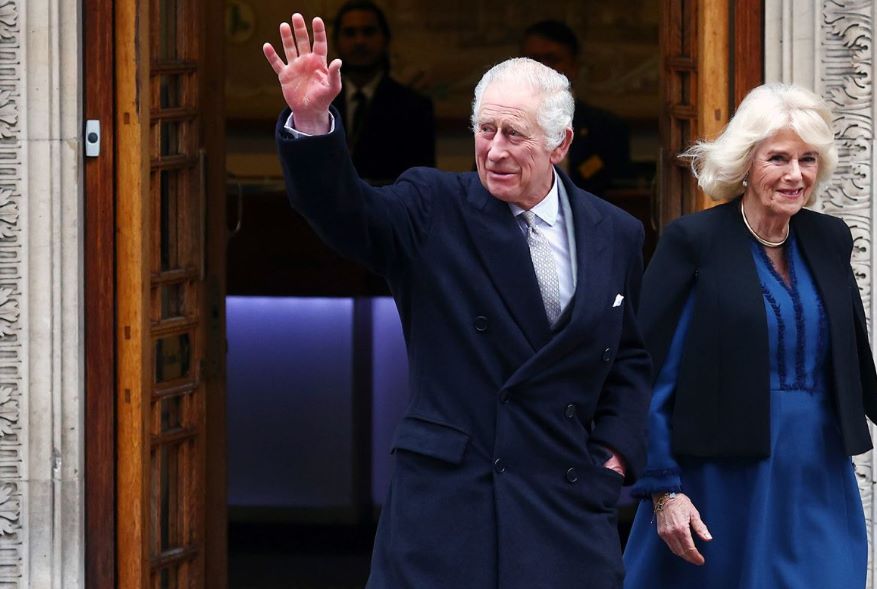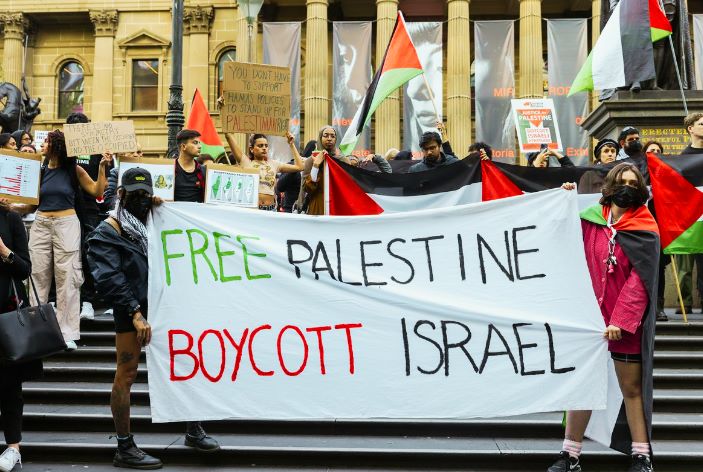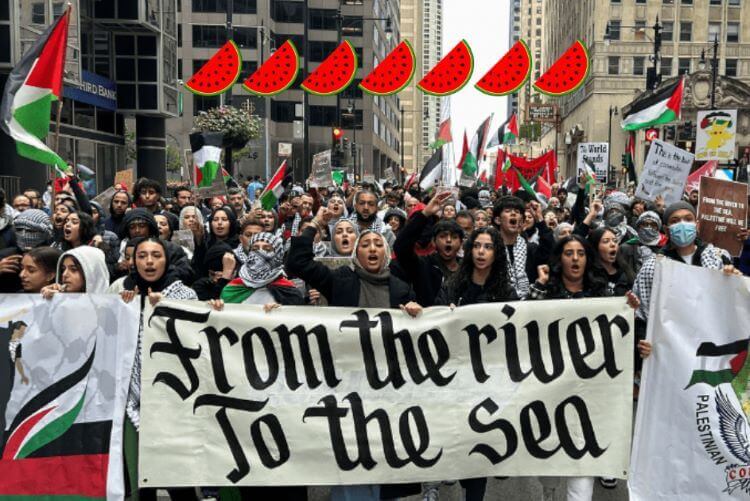
From the River to the Sea: Palestine Will be Free, Why Does Israel Get So Triggered With This Slogan?
The rallying cry “From the river to the sea, Palestine will be free” echoes in demonstrations worldwide, expressing solidarity with Gaza and Palestinians in the Israeli-occupied West Bank. Activists use the slogan to highlight the ruined state of Palestinians and call for an end to their oppression.
As we all are aware of what’s been happening in Palestine since October 7, 2023, the situation remains dire. Following a surprise attack by Hamas militants on southern Israel, Israel responded with an unparalleled attack on the Gaza Strip. The conflict has resulted in over 12,000 Palestinian deaths, most of them children, and the displacement of half of Gaza’s population. The civilian infrastructure has suffered extensive damage, with thousands of housing units destroyed and educational institutions severely impacted.
This oppression of innocent people in Palestine has led to a global wave of pro-Palestine rallies, uniting people from different countries. However, what does ‘from the river to the sea’ mean? But here’s the question, why Israel get so triggered with this slogan? And Is “from the river to the sea” really Antisemitic?
In this blog, explore its historical context and misconceptions built by activists around this slogan.
Origin and History behind Slogan; “From the river to the sea, Palestine will be free”
The slogan “From the river to the sea, Palestine will be free” has its roots in the history of the Israeli-Palestinian conflict. During the creation of Palestine Liberation Organization (PLO) during 1964 under Yasser Arafat’s leaders, this idea of a single state from Jordan river to the Mediterranean sea was his idea.
Yasser Arafat wanted and had vision of getting a single state but this vision emerged as a response to the rejection of the UN partition plan in 1947, leading to the Nakba in 1948, displacing over 750,000 Palestinians.
The slogan gained its grip in the 1960s among Palestinian activists and intellectuals who were refugees from the 1948 war. Palestinian refugees envisioned a “free Palestine” as a secular and democratic state extending from the Jordan River to the Mediterranean Sea. The phrase became associated with the PLO and was later adopted by different Palestinian groups during conflicts and uprisings. Over time, the slogan evolved into a symbol of the call for Palestinian liberation and a return to the pre-1948 borders.
What’s the Meaning of This Slogan? Different Interpretations of “From the River to the Sea”
The phrase “From the River to the Sea: Palestine Will be Free” is often associated with the Palestinian national movement and used as a political slogan. It implies a vision of a free and independent Palestine from the Jordan River to the Mediterranean Sea.
The slogan is often used to associated with the idea of a one-state solution, where Palestinians seek equal rights and self-determination in a single state, which is the entire historical region of Palestine.
However, the term “free” in the slogan carries diverse interpretations, calling for equality, self-determination, and an end to the ongoing denial of Palestinians’ right to live in freedom and dignity. Nimer Sultany, a law lecturer, emphasizes that the crux of the problem lies in the persistent denial of these fundamental rights to Palestinians.
As the slogan gained prominence, it was central to global demonstrations and debates. Supporters argue that it symbolizes an aspiration for peace, an end to the Israeli occupation, and the ability for Palestinian refugees to return to their homes. Congresswoman Rashida Tlaib defends the phrase as an aspirational call for freedom, human rights, and peaceful coexistence.
However, critics, including some Jewish observers and organizations, perceive the slogan as antisemitic, interpreting it as a threat to the existence of a Jewish state and, at its worst, as a call for the complete destruction of Jews living in the region.
Pro-Israeli Reactions to the Slogan: Unraveling Concerns and Controversies
The slogan “From the river to the sea, Palestine will be free” has sparked strong reactions from pro-Israel groups, raising questions about its perceived implications. Some, including the U.S.-based Anti-Defamation League, have labeled the phrase as antisemitic, leading to rare censure of individuals like House Rep. Rashida Tlaib. However, Tlaib and many supporters argue that the phrase is an aspirational call for freedom, human rights, and peaceful coexistence.
Moreover, in the UK, Labour Party Member of Parliament Andy McDonald faced suspension for using the phrase, while Home Secretary Suella Braverman described pro-Palestinian demonstrations as “hate marches .”The Football Association in the UK has banned players from using the slogan on private social media accounts. Austrian police and German authorities have similarly taken stances against its use.
Elon Musk, the owner of well-known social media platform X (formerly Twitter), threatens to ban the accounts using the words “Decolonisation” and “From the river to the sea”. In his tweet, he writes, “As I said earlier this week, ‘decolonization’, ‘from the river to the sea’ and similar euphemisms necessarily imply genocide. Clear calls for extreme violence are against our terms of service and will result in suspension”. Surprising to see how all these people are reacting over a SLOGAN but cannot see a real genocide happening in Palestine.
Final Thoughts
Despite the widespread protests, calls for a ceasefire, and the heartbreaking reality of Palestinians displaced from their homes, there remains an irony — Palestinians even find themselves unable to wave their own flag in their homeland. They have completely misinterpreted the historical context in hatred.Some associate the phrase with violence and perceive it as a call for the destruction of Israel. Whereas in truth, the slogan serves as a plea for the peaceful coexistence and the rightful freedom of Palestinians, emphasizing aspirations for a future where they can live without oppression.
